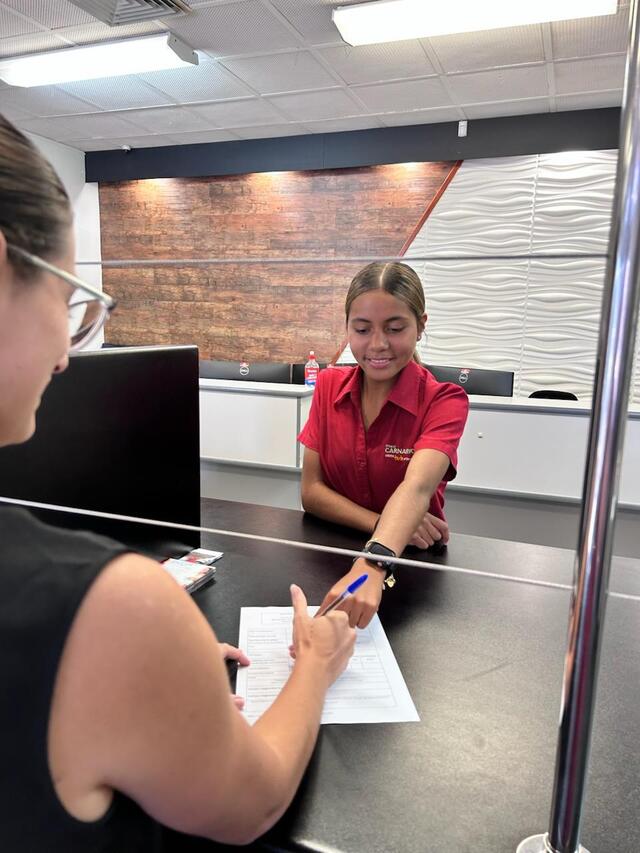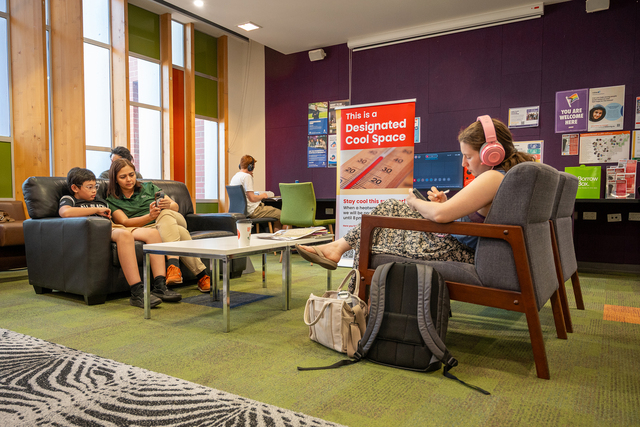With 63 per cent of Australian households estimated to have some type of pet, it is safe to say Australia is a nation of pet lovers.
Over many years, Australian and international research has shown that owning pets can help improve a person’s mental and physical health, reduce the effects of stress, help children learn about responsibility, facilitate social interaction between people and build a sense of community.
This research is supported by the latest findings on what it takes to have a healthy community, which are published in the Living Well Together handbook.
The book was edited by Dr Lisa Wood from the Centre for the Built Environment and Health at the University of Western Australia. She said the Centre’s original research, published in the Journal for Social Science and Medicine in 2005, shows that pets act as a lubricant for social contact and interaction.
“The research found that pet owners were more likely to exchange favours with neighbours, to be involved in community issues, and to create and benefit from higher levels of what is called ‘social capital’,” Lisa Wood said. “Other research from the University demonstrates the role dogs have in motivating their owners to be more physically active. This has a flow on benefit to the overall health of the owner and the dog.”
With growing concerns both within Australia and around the world about the erosion of community wellbeing, these findings led the University to look at how communities are working together to make the most of the benefits pets offer.
The Living Well Together handbook developed from here, demonstrating how pet ownership has resulted in benefits for different members of the community, including families, older people, children and individuals.
“It also provides practical advice on how to get similar programs happening in your area,” Lisa Wood said.
Some of the examples published in Living Well Together include:
- Follow My Lead: run largely by volunteers, this initiative of
Stirling Council in Western Australia helps to bring more seniors,
women and young people into Council’s physical activity
programs. There are now more than 17 walking groups that involve
people, whether they have a dog or not. - Three C’s: ‘Canines, Coffee and Conversation’ – run by the Holdfast
Bay Dog Owners Association in South Australia in conjunction
with Holdfast Bay City Council. This program involves regular
gatherings of dog owners and their pets. Council also recommends
the program to owners who may need to socialise their dog in a
safe environment. - PetLinks: run in conjunction with the City of Port Phillip in
Victoria, involves volunteers visiting older or isolated members
of the community to help care for their pets. - BowMeow: a program that matches volunteers with pet owners
who need assistance in caring for their pet while they are in
hospital. The program services the inner city suburbs of Sydney
and is supported by Leichardt Council. - Dogs on the Domain: an annual event hosted by the Hobart City
Council as part of the Premier of Tasmania’s Get Walking
campaign. Hundreds of people and their dogs participate in this event. - A dog health program in Indigenous communities in the Northern
Territory has significantly reduced the incidence of dog bites and
contamination of households from dog waste. The health of dogs
has also improved.
Living Well Together is available at www.petnet.com.au
















